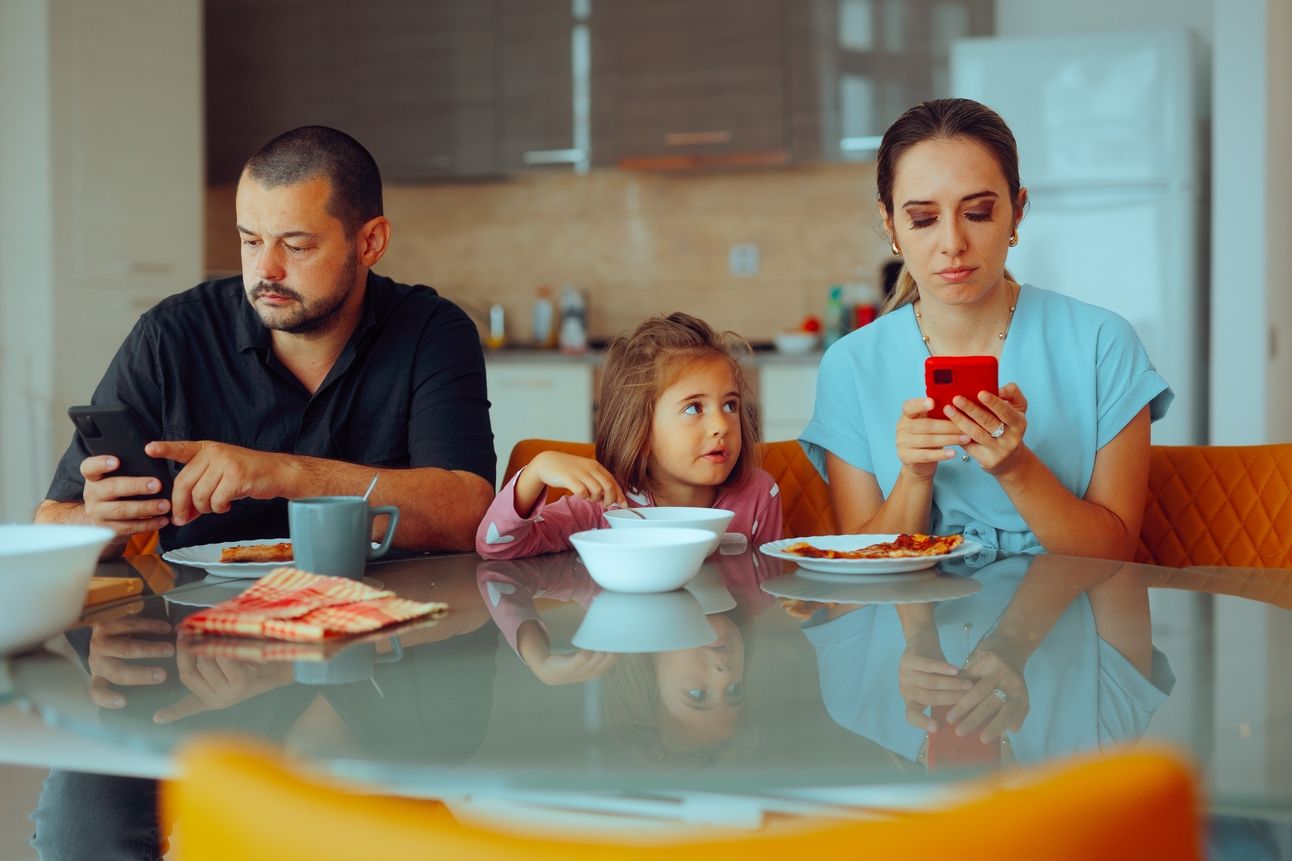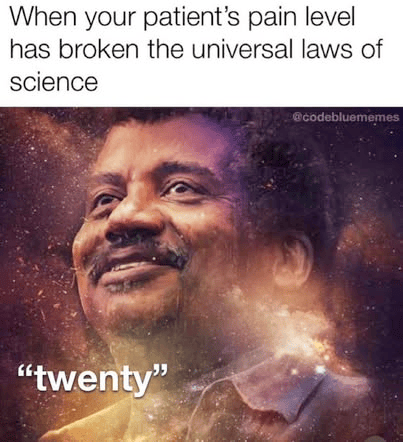
Good morning!
Look up, big pharma: a startup you’ve never heard of just raised $187 million to make drugs — in space. Varda Space Industries has been crystallizing compounds in microgravity for about 2 years, and with $329M in backing and their 4th mission in orbit, they’re refining the art of using near-weightlessness to precisely arrange molecules — some that can’t be made on Earth. We know where big pharma’s got its telescope trained tonight. 🔭
Today’s issue takes 5 minutes to read. Only got one? Here’s what to know:
Even low-dose CBD may stress your liver
Hep C screening works better when universal
Weight-loss drugs linked to disordered eating in men
Obesity now affects nearly 1 in 3 Canadian adults
FDA’s pitch to pharma: lower prices, faster approvals
Drug-resistant fungus linked to farm fungicide use
Let’s get into it.
Staying #Up2Date 🚨
1: Small Dose, Big Question Mark - CBD and Liver Safety
This RCT examined whether daily use of CBD at doses similar to typical consumer use affects liver and endocrine health. Among 201 healthy adults, 5.6% of those in the CBD group had liver enzymes (ALT) reach 3x the upper limit of normal after 28 days. While no differences were seen between the CBD and placebo groups in endocrine and hormone levels, these findings suggest that even lower-dose CBD could pose health risks.
2: Targeted vs Nontargeted Screening for Hepatitis C in EDs
This RCT compared 2 types of hepatitis C virus (HCV) screening in EDs: nontargeted (offered to all patients) vs. targeted (offered based on risk assessment). Nontargeted screening identified significantly more new HCV cases across 3 urban EDs (RR, 1.34 [95% CI, 1.05-1.70]; P= .02). When it comes to effective screening, broader might be better!
3: GLP-1s Linked to Eating Disorders in Boys and Men
A cohort study of over 1500 males aged 15–35 found that 1.2% had used prescription weight loss medications, like GLP-1s, in the past year. These users tended to be older and have a higher BMI. Rates of eating disorder behaviour, including binge eating and purging, were also significantly higher among them, suggesting this group may have an increased risk of developing eating disorders.
Dr. Google Will See You Now 🤖
More patients are turning to search engines before they dial their doctors.
What happened: The Ontario Medical Association (OMA) recently held a conference to call attention to the rise of DIY medicine.
Why it matters: Doctors shared jaw-dropping stories of patients trying viral online health hacks. One oncologist described a patient who tried to put weed-whacker string into their nephrostomy tube to clear a blockage. Another delayed cervical cancer treatment for 2 years, convinced internet remedies would work. But those stories are barely a glimpse of the problem. One study found that almost 1/3 of cancer-related social media posts from 2018–2019 were riddled with misinformation.

It’s not just physical risks. An Ontario psychiatrist warned that more people are self-diagnosing conditions like ADHD and bipolar disorder through online quizzes and social media, often resulting in dangerous misdiagnoses. The concern? Conditions like bipolar disorder can mimic other mental illnesses, making accurate diagnosis tricky. Many online sources offer unfiltered — and often misleading — advice on managing these illnesses. To make things worse, the rise of AI apps like ChatGPT isn’t helping, with countless people turning to the technology for advice on just about everything.
In one study, researchers fed chatbots 5,000 medical articles and found that ¾ of the AI-generated summaries missed key information. Around 20% of generative AI content is known to churn out convincing-but-false facts, making it a harmful substitute.
But: Self-diagnosing online doesn’t just put health at risk — it can also fracture a patient’s relationship with their physician. For example, some social media accounts offering to help treat conditions like PCOS might promote treatments doctors don’t recommend, causing patients to think information is being withheld. Add Canada’s ongoing family doctor shortage to the mix, and it’s easy to see why Googling symptoms often feels faster than booking a medical appointment.
Bottom line: Don’t judge patients for turning to talk to Dr. Google — talk to them about their options. At the end of the day, they’re just trying to find answers in a world that doesn’t always offer them.
Hot Off The Press

1: 🫀For the first time, scientists have grown real, working blood vessels inside mini lab-grown organs, including hearts, lungs, and livers. The breakthrough brings these “organoids” much closer to the real thing. With better blood flow, they could more accurately mimic human biology, making them more powerful for drug testing, disease research, and maybe one day, building transplant-ready tissue.
2: 💊 The FDA is floating a bold trade: faster drug approvals in exchange for lower prices. It’s part of a push to close the gap between what Americans and other countries pay — and a rare moment where the US flirts with global models of price regulation. Meanwhile, playing hardball on the global stage, Trump has pledged to send “top-of-the-line weapons” to Ukraine via NATO. He warns Russia: strike a peace deal in 50 days, or face severe tariffs.
3: 🦠 Drug-resistant Aspergillus fumigatus is getting more common and harder to treat. A new Lancet Microbe study found nearly 1 in 6 resistant cases involved multiple strains with different resistance genes, making treatment a guessing game. The biggest driver? Not clinical overuse — it’s fungicides sprayed on crops.
4: 🌫 Wildfire smoke is blanketing parts of Canada again, with poor air quality across Saskatchewan, Manitoba, and much of Ontario and Quebec. Toronto, Kitchener, and Saskatoon all hit high-risk AQI levels this week. Add in ongoing heat warnings, and it’s looking like a rough stretch for ERs, clinics, and vulnerable patients.
Notable Numbers 🔢

29%: how much less parents speak to their children when distracted by phones, according to new research. The drop in parent-child interaction is linked to weaker emotional bonds and poorer language development — and the effects can even linger after the phone is put away.
32.7%: the percentage of Canadian adults living with obesity in 2023 — up from 25% in 2009. That’s about 10.6 million people, with sharper increases during the pandemic, especially among young adults and women.
130 mg/dL: Barbie’s blood glucose reading, visible on her in-doll phone app. The new Type 1 diabetes Barbie wears a glucose monitor and insulin pump — bringing awareness to the condition through play.
$200 million: the reported total pay package Meta used to lure a top Apple AI executive. It’s part of Zuckerberg’s push to build a "superintelligence" dream team and includes stock, bonuses, and loyalty clauses.
Postcall Picks ✅
🤑Save: on paddle boards with Paddle’s Store’s giant summer sale. They’re also offering free shipping on all Canadian orders.
✈️Travel: to one of these 20 top places to go this month — from beach-hopping in Vietnam to wildflower hikes through the Italian Alps to bear-spotting in South Africa. (Consider it your excuse to finally book that out-of-office.)
🎧 Listen: to a special episode of The Heart of Healthcare on digital health’s “evidence problem” — why proving tech works is harder than it sounds, and why trust might matter more than perfection.
🍽️ Eat: Spanakopita: the flaky Greek spinach and feta pie that’s surprisingly simple to make and perfect for summer dinners.
Taking the Pulse 🫀

A vacation can clear your head and protect your health. So this week, we want to know what time off means for you.
Take the poll below — and if you’re feeling reflective, we’d love to hear from you. After you vote, there’s space to share your thoughts:
What does burnout look like?
How do you avoid it?
Got any tips for easing in (and out) of a holiday?
Are you taking a vacation this summer, and actually unplugging?
Relax
First Question: Lose one's composure and end up on a psychiatric hold
Need a rematch? We’ve got you covered. Check out our Crossword Archive to find every puzzle we’ve ever made, all in one place.
Think you crushed it? Challenge your physician friends to beat your time.
Meme of the Week

Share Postcall, Get Rewards
Help Us Get Better
What'd you think of today's edition?
That’s all for this issue.
Cheers,
The Postcall team.

